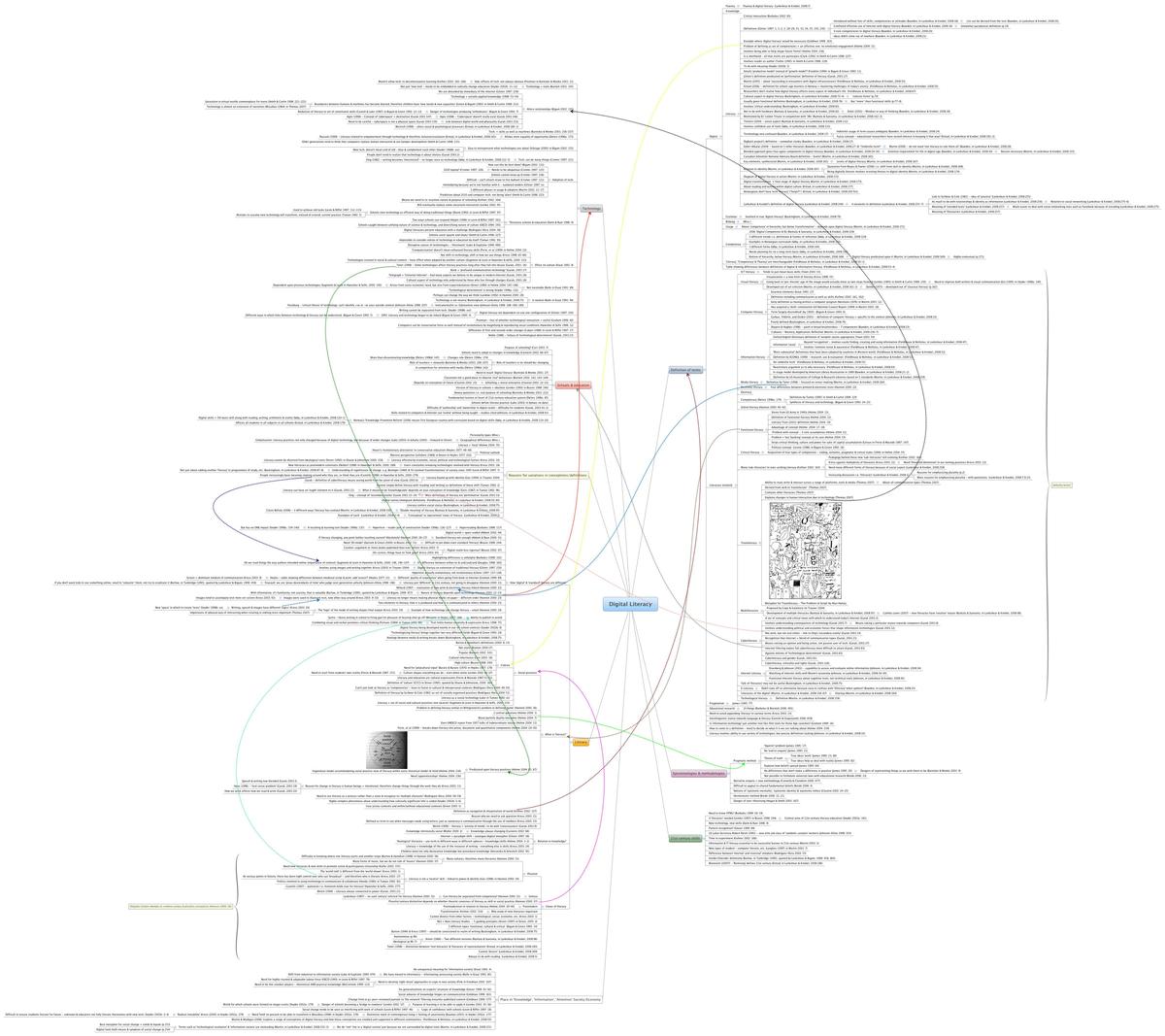A 3-step guide to completing your thesis when you’re feeling utterly overwhelmed
Over the last few weeks, I’ve spoken with quite a few people working on a Masters or Doctoral level thesis. Some of them are planning to continue into a career in academia, but most are not. While their questions to me are all slightly different, the tension feels similar: how can I reconcile all of this stuff?
Drop-out rates, especially at doctoral level, are pretty high. Even those who don’t do so are likely to experience a significant ‘dip’. There are many factors for this, but my hunch is that it’s not primarily because there’s too much work involved. I think that it’s more to do with the overwhelming number of possible areas of research. In other words, it’s all to do with scope.
So, I’d like to offer some help. My only experience is in the Humanities, so take this with a pinch of salt and in the spirit it’s intended. If you’re mid-way in your dissertation or thesis and you’re feeling a bit stuck, here’s what I suggest you do.
1. Stop
Go back to your proposal. What does it say? What did you and your thesis supervisor agree upon?
If it helps, put the different elements of what you’re studying into one of three buckets:
- Thesis — areas within the scope of your thesis, as outlined in your proposal.
- Follow-up — things that are slightly outside the scope of your thesis but which you could investigate once you’ve submitted your thesis (e.g. for post-doctoral research)
- Out of scope — things that, while potentially fascinating, are not helping you earn this Masters degree or doctorate.
In other words, there are things that you have to do to complete the requirements of your postgraduate degree, and there are really interesting other things that get in the way. Make sure you know the difference between them.
2. Look
Whether or not you’ve used them before, mindmaps can be really handy when you’re feeling overwhelmed. They give you a visual overview of the territory you’re exploring, and can help you synthesise disparate ideas and concepts.
Somewhat incredibly, the mindmap I created a decade ago when I was in the midst of my doctoral work is still available online. It’s perhaps one of the most useful things I’ve ever done; not only was the output useful when talking with my thesis supervisor, but the process of creating it was helpful beyond words.
It can take days to create a large mindmap, and to begin with it can feel a bit like a waste of time. However, as you pull together notes from various systems (notebooks, online bookmarks, thoughts in your head, etc.) it starts to become a map of the territory of your thesis.
You could do this on paper, but the value of doing it digitally is that you can move things around and make connections between related ideas much more easily.
3. Listen
Whether learning a language or writing a thesis, difficult things are best approached little and often. Trying to cram them in to a single day per week (or the occasional weekend) doesn’t really work.
I found that getting up early and spending at least an hour on my thesis before work suited me best. Others might find this better late at night. Either way, if you work on your mindmap every day for a few days, I guarantee that it will begin to ‘speak’ back to you.
Things that previously seemed unrelated will become connected in your mind in new and interesting ways. You will start to understand where the boundaries of your work are. It’s at this point that you’re ready to take a chainsaw to the branches of your mindmap!
You have to be ruthless. If you want to complete your thesis, you need to kill your darlings. While it can feel a bit sad to say goodbye to things you’ve researched and found interesting, it’s actually quite liberating. After all, postgraduate study is hard enough without adding to your burden.
In addition, getting used to ruthlessly pruning your work at this stage is really good preparation. In the writing-up phase you will write many more words than you actually submit, and you will have to decide which ones don’t make it. For example, with a 100,000 word thesis you may end up writing at least 20-25% more than that, and then have to cut whole sections with which you were very pleased.
…and finally
Work openly and talk to other people about your experiences and struggles. You are not alone on this journey, and many have trod this path before you. Share what you’re doing, what you’re thinking, and what you’re feeling. Good luck!


